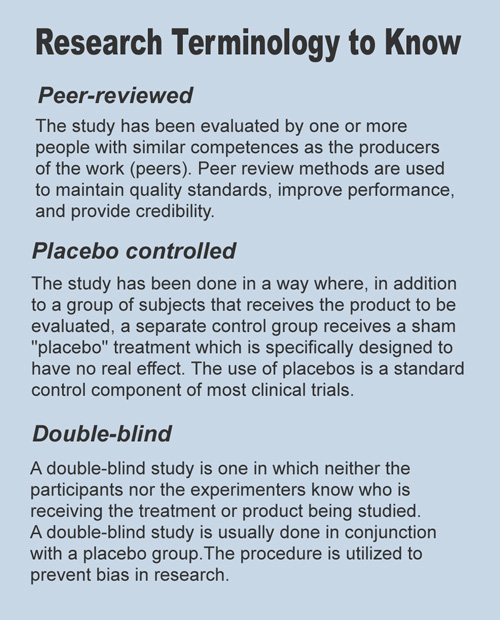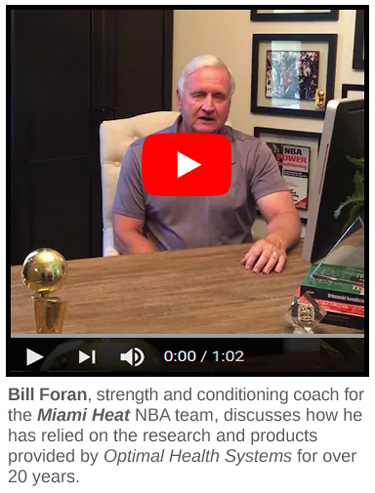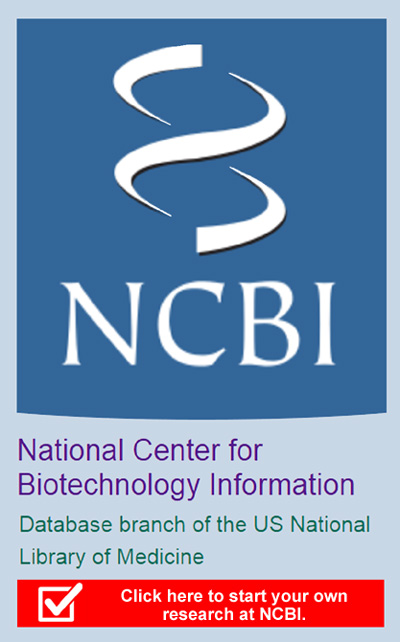When it comes to health, nutrition and disease there is a lot of diversity of thought.
That’s the nice way to say there is bitter disagreement. And it’s only gotten worse during the divisive era of COVID-19.
Government directives supposedly “based on science” don’t even agree.
In February and March this year the Centers for Disease Control consistently stated that face masks did not offer protection against COVID-19. Then a month later they reversed themselves and said everyone should wear masks.
The nationally-known Johns Hopkins Medical Center did the same. In fact, they not only warned that wearing face masks didn’t help, but could cause other health issues… before also reversing.
So, did the CDC and Johns Hopkins change their minds based on a scientific study?
No. To date no such study exists.
The changes were made solely because of political and media pressure—entities who themselves decided to believe assumptions made by other “experts.”
The take-away from this sad episode is that you need to know how to do your own research—especially when it comes to your health.
After all, your life depends on it.
All the products and programs at Optimal Health Systems are based on research. So are most of the posts in this blog. But we don’t ask you to “just trust us.”
We always encourage our customers, and the health professionals who distribute our products, to do their own research.
With that in mind, here are five tips you can utilize in doing your own research. We use these resources ourselves virtually every day.
1. Quick-start your research with major search engines
Believe it or not, even in the age when mainstream search engines manipulate searches, they can still be a valuable tool in starting your research.
The trick lies in the inclusion of a single word: citations.
When searching for studies on a certain nutrient, disease or protocol, simply add a comma and the word “citations” at the end of your search words.
This important step will eliminate much of the useless information and will help prevent the “re-directing” done by search engines. Instead you will end up almost entirely with published studies.
2. Go direct: NCBI offers a database of research going back over 200 years!
If you’re one of those people who absolutely don’t trust the mainstream search engines, you can go direct to the largest database of cataloged citations at the National Center for Biotechnology Information (NCBI).
At NCBI you will find a built-in search engine called PubMed that you can use without the censorship and tracking that you are subjected to with a typical Google search.
PubMed contains over 30 million citations and abstracts dating back to to 1809.
3. Give heavier weight to meta-analysis studies
When scanning studies you can save time by searching for meta-analysis studies. A meta-analysis is a statistical analysis that combines the results of multiple scientific studies.
Put simply, by reviewing a single meta-analysis study you can avail yourself to the overall results of many studies.
4. Save time by skimming the abstract and conclusion sections
If you’re intimidated by deciphering technical studies, you can make things easier on yourself by skimming the abstract and conclusion sections.
An abstract is a brief summary of a research article that is used to help the reader quickly ascertain the paper’s purpose. By reading the abstract the reader can decide if they want to delve into the study further.
The conclusion portion is exactly what the name implies: the final determination of the study.
The conclusion is typically a short summary that touches only on the highlights of the study. By reading just the conclusions of a number of studies a researcher can quickly ascertain what most of the research is saying on a particular subject.
5. Recognize bias and use a little logic
Research isn’t perfect, and many disagreeing conclusions can be found. You will have to use a little logic, common sense and realization that bias does exist. You may have to rely on “overwhelming evidence” in some cases.

If negative research suddenly appears regarding a nutrient, food or protocol that has been used for hundreds of years and is backed by numerous positive studies, you will have to dig deeper.
Was the study performed by a pharmaceutical company? Bias probably exists because they obviously want you to choose their pharmaceutical drugs over natural products.
In these situations only you can decide if you want to give credit to the one—probably biased—study when the overwhelming amount of studies are positive.
And there you have it. All you need to know to get started on a little research of your own. Good luck!



